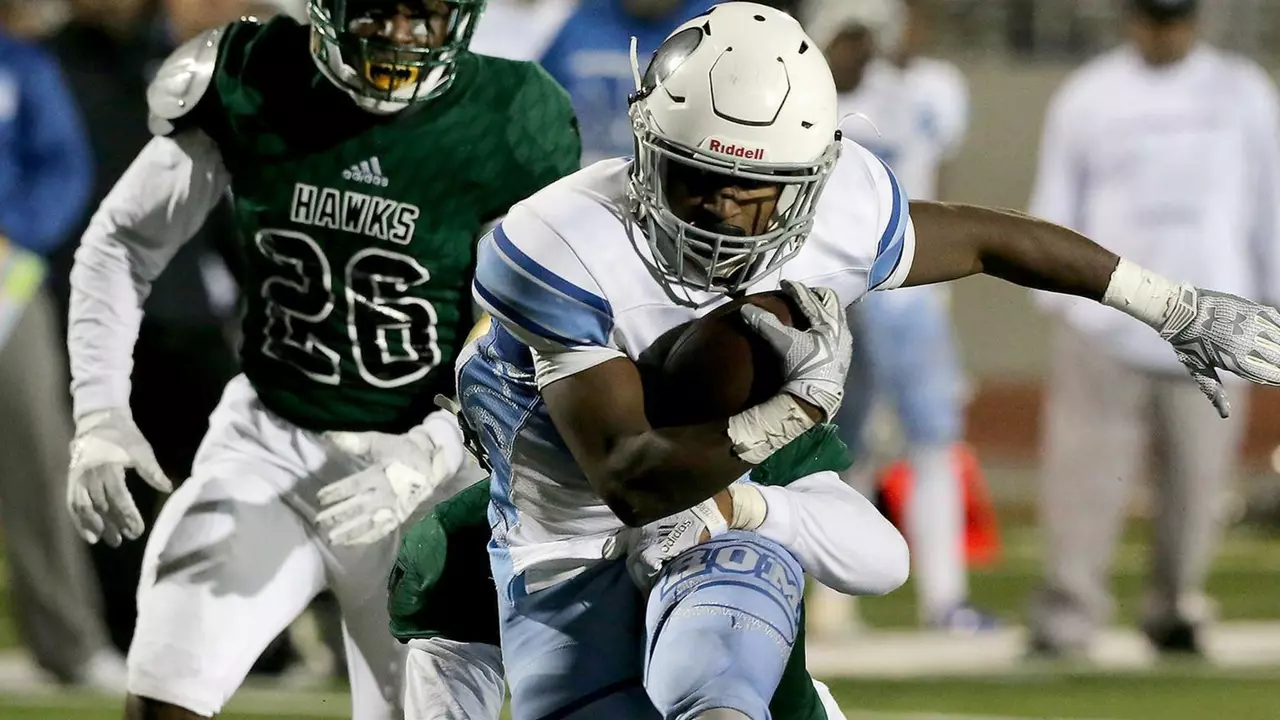Absence in Sports: Impact, Reasons, and What It Means
When we talk about absence, the state of being missing or not present in a sporting context. Also known as non‑attendance, it can refer to a player missing a match, a game being called off, or fans staying away from a stadium. This simple idea drives a lot of the drama you see on and off the field.
One of the most common forms of player absence, when an athlete is unavailable because of injury, suspension, or personal matters is an injury break. Teams often scramble to fill the gap, and the coach may change tactics to cover the loss. Another key piece is team performance, the overall results and quality of play a squad delivers during a season. When a star player is out, performance can dip, but sometimes the whole squad steps up. game schedule, the calendar of matches, practices, and events planned by leagues and clubs also feels the ripple; a postponed match forces a reshuffle of travel, training, and broadcast plans. Finally, fan attendance, the number of spectators present at a venue or watching remotely can swing dramatically if key players are missing or if a game is cancelled, impacting revenue and atmosphere.
Why Absences Happen and How Teams Respond
Absence occurs for many reasons. Injuries are the most obvious – a torn ligament or a broken bone forces a player out for weeks. Suspensions, whether for on‑field conduct or off‑field behavior, also create gaps. Some athletes join the military or take a leave for family matters, as we see in the National Guard‑college soccer question. Each cause triggers a specific response: medical staff handle rehab, coaches adjust line‑ups, and front offices may sign short‑term replacements.
From a tactical standpoint, absence influences team performance directly. When a striker is out, a coach might shift to a more defensive formation to protect the lead. When a key defender misses a game, the team may rely on younger players, which can be a risk but also an opportunity for development. In leagues where points are tight, even a single missed match can change the championship picture, showing how schedule changes tie back to overall standings.
Off the pitch, fan attendance reacts quickly. If a local hero is sidelined, ticket sales can dip, and TV ratings may fall. Clubs often launch “support the squad” campaigns to keep fans engaged, turning the absence into a story rather than a loss. Social media buzz around a player’s recovery can even boost merchandise sales, proving that absence can generate new types of fan interaction.
Absence also affects the financial side. Game schedules dictate broadcast contracts and sponsorship deals. When a marquee matchup is postponed, networks may lose ad revenue, and sponsors miss exposure. Clubs therefore have contingency plans – backup venues, flexible ticket policies, and insurance policies that cover lost income. All these layers illustrate how a single missed moment can cascade across the whole sport ecosystem.
Understanding these connections helps you see why the articles below matter. Some discuss the practical side of balancing military service with college soccer, others explore whether big events like the Super Bowl could be staged – both touch on how absence can shape perception and reality. The collection also looks at luck in team sports, the hardest Hall of Fame inductions, and the intensity of the NFL’s “witching hour,” all of which are influenced in some way by who’s on the field and who isn’t.
Now that you’ve got a clear picture of what absence means in sports and why it matters, scroll down to see how other writers unpack related topics, from player absences to schedule quirks and fan reactions. This roundup will give you plenty of angles to deepen your own understanding and maybe spot the next big story about an unexpected missing piece.
Well, folks, you might be scratching your heads wondering why the City of Angels, Los Angeles, doesn't have its own American football team. It's like having a birthday cake without the candles, right? The clear-cut answer is a cocktail of complex issues - including stadium difficulties, market competition, and financial conundrums. For a while, LA was like that guy at the party who says he can play the guitar but doesn't actually own one! But don't lose heart, sports fans, as recently we've seen the Rams and the Chargers touchdown in LA, filling that football-shaped hole in our hearts!
Latest Posts
Struijk Red Card and Farke's Controversial Substitution Sink Leeds United 1-2 to Aston Villa
Nov 24 2025Fed Makes Emergency Rate Cut Amid COVID-19 Panic, Experts Doubt It Can Fix Supply-Demand Crisis
Nov 28 2025
 Sports News
Sports News